
In recent articles, we’ve discussed how to explain why dentists are treating Obstructive Sleep Apnea, and we’ve given some guidance regarding explaining what to expect with a home sleep study. Let’s now look at some of the most frequently asked questions about sleep apnea you’re likely to get asked during a new patient appointment.

Understanding the symptoms and available tests is crucial if you suspect you have Obstructive Sleep Apnea (OSA) or have been recently diagnosed. The terrible sleep, the waking up feeling tired, the daytime fatigue, the sore throat in the mornings, headaches, and the lack of concentration and memory.
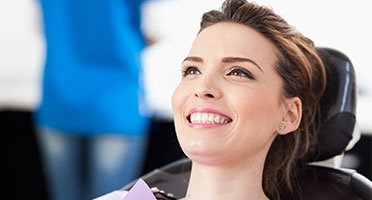
If you're a dentist who treats sleep apnea, you've probably heard this question more than once. Many of your patients with Obstructive Sleep Apnea will likely have been to medical doctors for treatment. Some may already be using CPAP and cannot tolerate it. Others will have been to other dentists who did not have the education and training to treat this complex but prevalent breathing-related sleep disorder.

Millions of Americans are plagued with poor sleep. Night after night, no matter how exhausted they are, sleep eludes many people, and a blissful night of eight hours of sleep is a rare occurrence. Some people haven’t had a restful night of sleep in their entire adult lives, while others are just now having sleep-related issues for the first time.

It’s important that all medical doctors, dentists, and other healthcare professionals empathize with their patients. You must understand, or at least appreciate, what your patients are experiencing and feeling in order to relate to them and understand their concerns. While clinical skills make a good doctor or dentist, understanding the patient’s experience makes great doctors and dentists. Here, you will learn what your patients experienced with their home sleep test in hopes that you’ll gain a better understanding of what they went through to arrive at your office for Obstructive Sleep Apnea treatment.
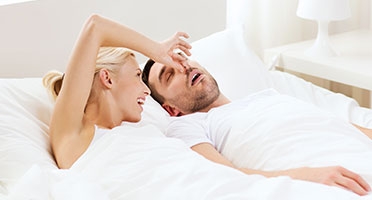
You often hear jokes couples make about the other one snoring, but snoring is actually an indication that something is physically amiss with your partner. While we like to tease loved ones about their loud snoring keeping the whole house awake, snoring usually indicates some type of breathing-related sleep disorder that may need medical attention.

Medical professionals have always been tasked with explaining conditions and treatments in terms their patients can understand. With so many online medical resources, people often research conditions and treatments to better understand what their doctors and dentists say. If you’re a sleep dentist wondering how to explain the obstructive sleep apnea/dentist connection to your patients, we have some ideas that may help you.
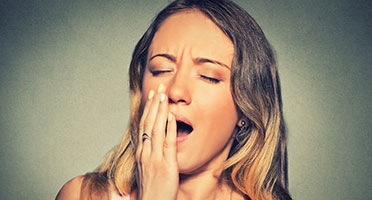
Obstructive sleep apnea (OSA), like many other diseases and medical conditions, manifests differently in men and women. While this type of sleep apnea is the most common sleep disorder in the world, it does look different in women than men. Also, while men are more likely to develop OSA, many women have it but go misdiagnosed or undiagnosed for many years because of various factors that will be explored here.

Millions of people struggle with sleep for a number of different reasons. There may be physical reasons for poor sleep, emotional reasons for inconsistent sleep, or some combination of physical and mental struggles that cause sleep to be elusive.
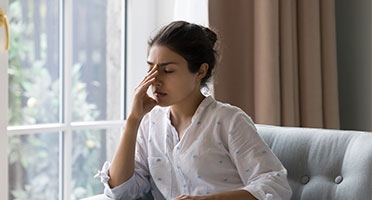
If you are tired of poor sleep, daytime fogginess, constant fatigue, and stress from never feeling well rested, it may be time to explore the possibility that you suffer from Obstructive Sleep Apnea (OSA). Millions of people have OSA, and many of those people suffer the adverse health effects of OSA for years (even decades) before getting a proper diagnosis and treatment for this serious sleep disorder.
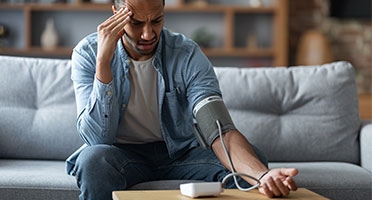
Have you ever been tired and groggy despite a full night's sleep? If you or someone you know snores regularly, sleep apnea could be the culprit. Sleep apnea is when breathing is repeatedly interrupted during sleep, leading to a lack of oxygen in the body. This can cause snoring, gasping, and even choking while sleeping. Sleep apnea has been linked to a host of health problems, including high blood pressure, diabetes, and stroke.
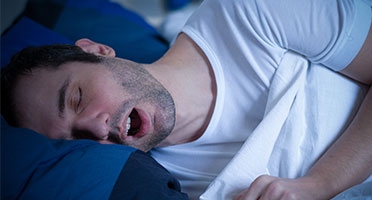
An estimated 29.4 million adults in the U.S. have sleep apnea, and 80% go undiagnosed and untreated. Unfortunately, many men write off their sleep apnea as insomnia, and women underreport snoring. This makes it difficult for physicians and dentists to screen for sleep apnea, diagnose, and provide life-changing treatment.

27.4% of adults take melatonin as a sleep aid, according to the Sleep Foundation. Most of those say that it helps them fall asleep faster and take it on average four days per week. Melatonin pills are widely available over the counter in drug stores and grocery stores but it’s also a natural hormone that our bodies produce as a response to darkness to help us fall asleep. So, if our bodies make melatonin naturally, wouldn’t it be okay for those with sleep apnea to take more of it? Simply, no. Melatonin is not recommended for those with sleep apnea. Here’s why.
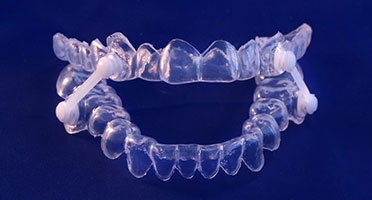
Finding out that you have obstructive sleep apnea is equal parts relief and uncertainty. On the one hand, you’ve finally discovered the cause of your snoring, daytime sleepiness, and cognitive changes. On the other hand, you’re left with a choice, should you use CPAP or oral appliance therapy to treat your sleep apnea?
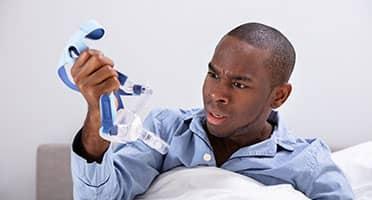
Did you know that sleep apnea is 80% undiagnosed? That means that most people with sleep apnea don’t know they have it or have a suspicion that they do but haven’t been tested. That’s a scary thought because non-diagnosis means non-treatment. And when you go without sleep apnea treatment, you succumb to sleep apnea’s symptoms and put yourself at risk for other conditions that can arise due to sleep apnea.

Learning that you have sleep apnea can be both a relief and frustration. Relief because you finally have answers to why you’re so tired during the day, wake up with headaches, and have a short fuse (among other symptoms!). Frustration because it’s just another thing you have to deal with. Sometimes it feels like the punches just keep coming.



